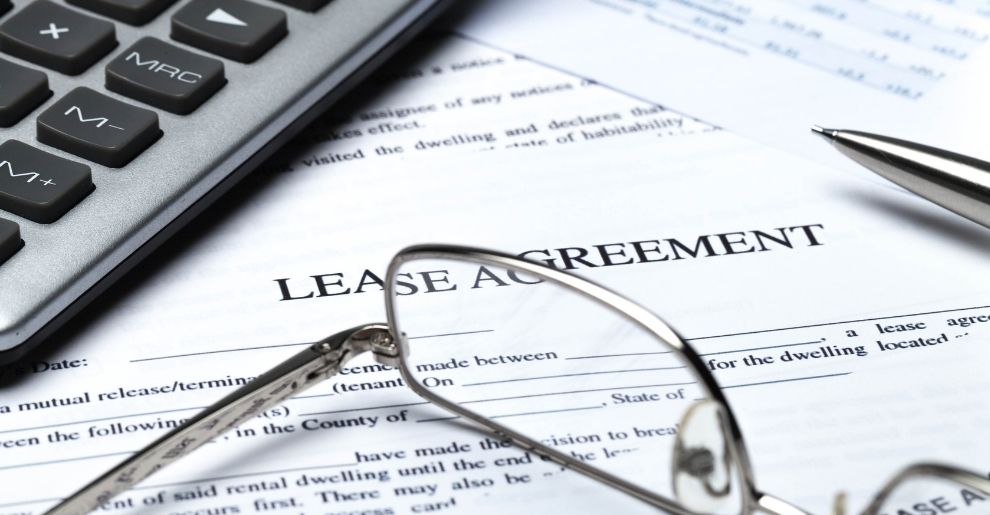Tenants’ guide to commercial leases during a pandemic

Whilst various lockdown restrictions have been eased, others have only recently been introduced. This has led to a plethora of concerns with some commercial tenants now seeking clarity in respect of their position.
Accordingly, we have put together a guide below to clarify some points commonly raised.
What to do once your lease term ends?
If you have decided to move on upon the end of your contractual term, then all you would need to do is simply move out. However, if recent events have resulted in indecision with your businesses forecasts and plans, then you should not hesitate to approach your Landlord to discuss your options.
A landlord would certainly prefer the idea of their property being tenanted as opposed to potentially being vacant for an extended period of time.
If your lease benefits from security of tenure pursuant to sections 24 to 28 of the Landlord and Tenant Act 1954, then, in any case, you may be entitled to remain at the property under similar lease terms.
In these unprecedented times, now may be an ideal time to consider negotiating a new lease with your landlord on terms that are more favourable and aligned with your needs.
Early way out of a lease
Here are a few ways one would usually be able to get out of their lease:
- Exercising your right under a break clause to terminate the lease.
- Negotiate the surrender of the lease with the landlord.
- Assign the lease to a new tenant.
- Underlet the property
If, upon the negotiation of terms of the lease, a break clause was agreed, then either you or the Landlord, or both, will have the right to end the lease at a specific date before the contractual term ends. This would usually entail serving notice to the other party before the specified break date. You should check the conditions of the break clause to ensure you are in a position to exercise the break.
If your lease does not have a break clause, you may try speaking with your landlord instead to negotiate terms of an early surrender. Understandably, the Landlord would usually demand payment for surrendering a commercial lease which secures regular payments of rent.
Alternatively, your lease might allow you to assign or underlet the same to another prospective tenant.
In all cases, we would suggest you take legal advice before taking action to ensure you obtain the desired outcome. Please also read your lease so that you are aware of any obligations owed to the Landlord upon the end of your lease.
Increasing rent during the pandemic
Under rent review provisions, a landlord has the right to review your rent and change it should they so wish when a rent review falls due. At your rent review, you need to understand how the rent review provisions of your lease work. You should review the rent review provisions of your lease to see how the rent is to be increased and on what basis. The rent may be set to increase in line with the rent on the open market and be upwards only or perhaps it may be stepped or subject to a cap and collar provision.
There may even be times when a landlord agrees not to increase it. In all cases, the new rent would customarily be documented by way of a rent review memorandum.
If you believe the new rent is too high, there are usually provisions incorporated within leases, which would allow you to appoint a surveyor to review and negotiate a fair rent with the Landlord.
Force majeure and suspension of rent due to COVID-19
In most leases, the tenant’s obligation to pay rent is suspended upon damage or destruction to the property caused by an insured and sometimes an uninsured risk. COVID-19 would therefore not fall under this provision, as it does not cause physical damage or destruction to property.
Some leases tend to include a force majeure clause, which would excuse the landlord’s and sometimes the tenant’s obligations under the lease where certain acts or events occur outside the party’s control and impedes performance. During the exercise of this clause, due to the inability to use the premises for its use, the tenant’s obligation to pay rent is usually suspended. However, very few leases expressly cover COVID-19 under the list of acts or events that would trigger force majeure and the courts do tend to read these clauses very restrictively so it would need to be specific and extensive enough for a tenant to effectively enforce it.
Following the recent curfew restriction imposed by the Government on certain businesses, turnover rents and the ability to pay rent generally is likely to be considerably impacted.
A landlord might be in favour of assisting their tenants in some way during these unprecedented times. They may even be willing to temporarily defer, reduce, or suspend rent to avoid tenant insolvency.
If you would like any more information relating to this article then please feel free to contact me: Telephone – 020 8221 8011, via email: tony.chauhan@bowlinglaw.co.uk or visit my profile.
This is not legal advice; it is intended to provide information of general interest about current legal issues.
